In today’s fast-paced world, it’s easy to overlook the subtle signals your body sends when something isn’t right. However, ignoring these signs, especially when it comes to kidney health, can lead to severe consequences. Your kidneys play a critical role in filtering waste, balancing electrolytes, and maintaining overall bodily functions. When they aren’t functioning as they should, your body often sends out warning signs that should never be ignored. This article will explore ten key symptoms that may indicate kidney problems and why they require immediate attention.
Trouble Sleeping: An Early Indicator of Kidney Dysfunction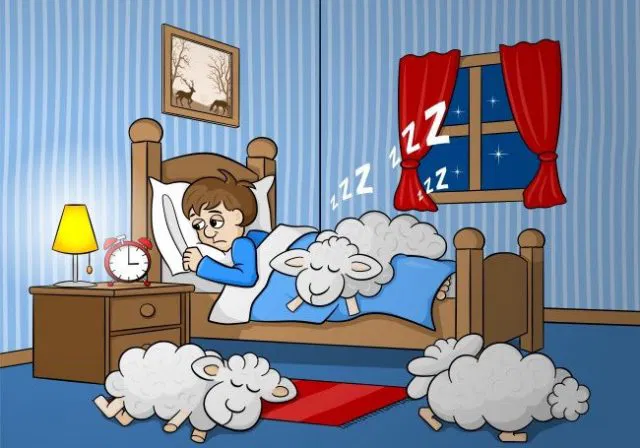
One of the first signs that your kidneys might be struggling is trouble sleeping. When your kidneys are not working properly, toxins that should be filtered out by your urine start accumulating in your bloodstream. This buildup can make it difficult to fall asleep or stay asleep. Additionally, poor sleep patterns can exacerbate kidney dysfunction, creating a vicious cycle.
The Link Between Kidney Disease and Sleep Apnea
People with chronic kidney disease often experience sleep apnea, a condition where breathing is briefly interrupted during sleep. If you find yourself snoring loudly or feeling excessively tired despite a full night’s rest, it might be time to consult a doctor. Addressing these issues early can prevent further kidney damage.
Persistent Headaches, Fatigue, and Weakness: Signs of Anemia
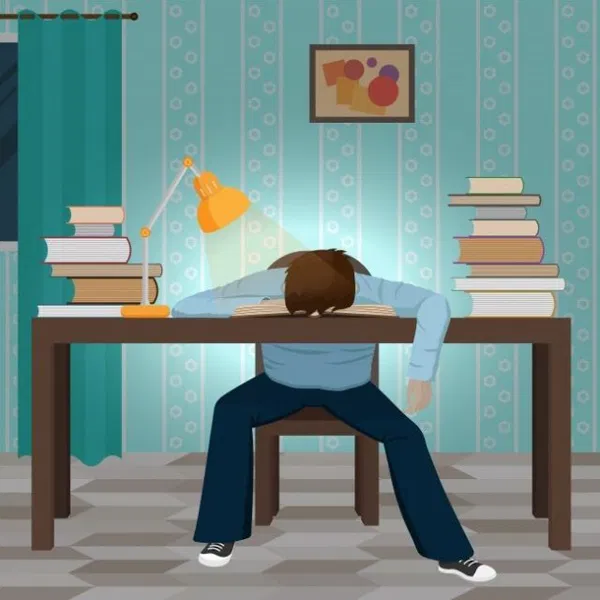
Healthy kidneys produce a hormone called erythropoietin (EPO), which is crucial for red blood cell production. When kidney function declines, your body produces less EPO, leading to fewer red blood cells and less oxygen reaching your muscles and brain. This can result in chronic fatigue, persistent headaches, and general weakness.
Anemia is common in individuals with chronic kidney disease. If you are constantly feeling tired, weak, or experiencing frequent headaches despite adequate rest, it’s essential to see a healthcare provider. Early diagnosis can lead to treatments that improve your quality of life and slow the progression of kidney disease.
Dry, Itchy Skin: A Sign of Mineral and Bone Imbalance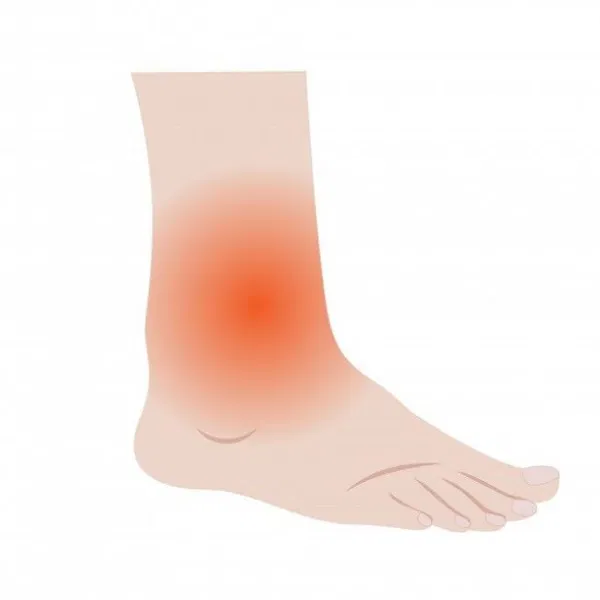
Your kidneys are responsible for maintaining the right balance of minerals and nutrients in your body. When they fail to do so, you may experience dry, itchy skin, which can be an early sign of bone and mineral disease, often associated with advanced kidney disease.
Staying hydrated can help alleviate dry skin, but it’s important to consult your doctor before taking any over-the-counter remedies. Some medications can further harm kidney function, so professional guidance is crucial in managing these symptoms safely.
Bad Breath and a Metallic Taste: Toxins in the Bloodstream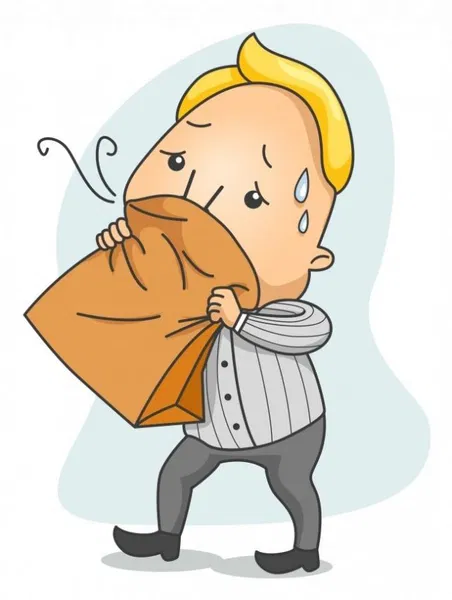
When waste products accumulate in your bloodstream due to impaired kidney function, they can affect your sense of taste and cause bad breath. This is often described as a metallic taste in the mouth. You may also lose your appetite or develop an aversion to certain foods, leading to unintended weight loss.
While a metallic taste can have several causes, persistent symptoms should prompt a visit to the doctor to rule out kidney issues. Early detection of kidney problems can prevent more severe complications down the line.
Shortness of Breath: More Than Just a Lung Issue
Difficulty breathing, especially after minimal physical exertion, can be linked to kidney disease. This happens for two main reasons: excess fluid in the body can build up in the lungs, and anemia can leave you feeling breathless due to a lack of oxygen-carrying red blood cells.
Shortness of breath can also indicate other serious conditions, such as heart failure or lung disease. If you experience this symptom regularly, it is vital to seek medical advice immediately to determine the underlying cause and initiate appropriate treatment.
Swelling in the Hands and Feet: Fluid Retention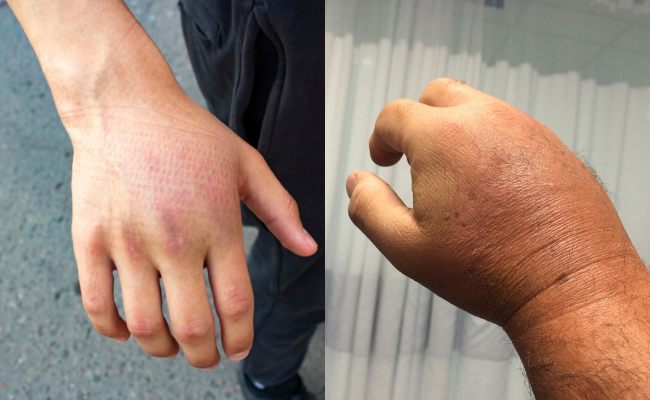
One of the kidneys’ primary functions is to remove excess fluid from the body. When they fail to do so, this fluid can accumulate, leading to noticeable swelling in your hands, feet, and ankles—a condition known as edema, which is a common sign of advanced kidney disease.
Frequent Urination: A Sign of Kidney Damage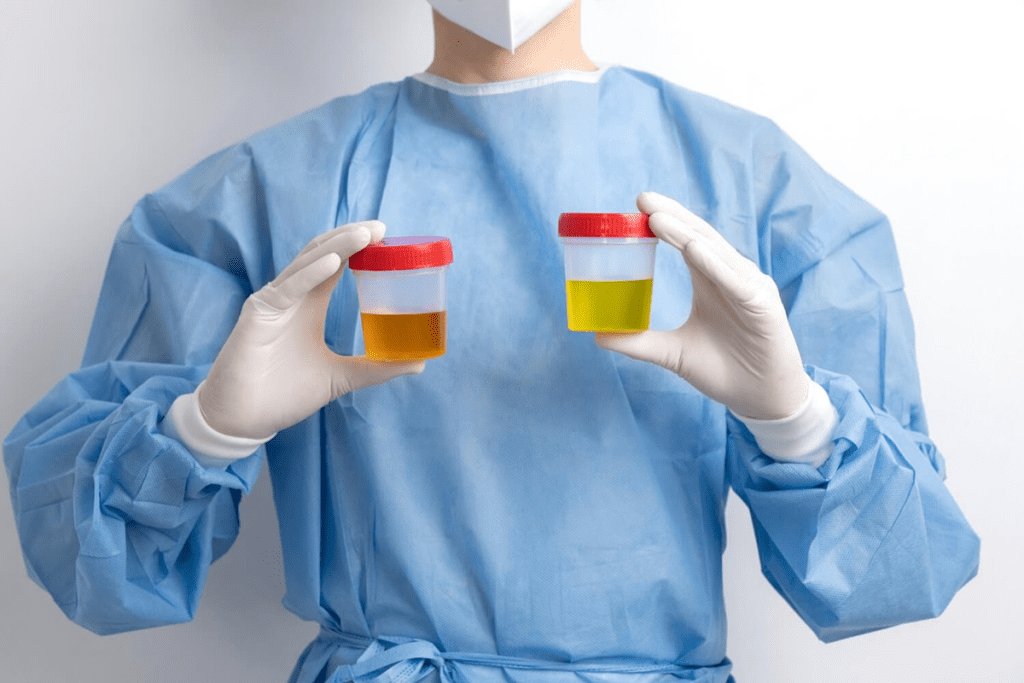
An increase in the frequency of urination, particularly at night, can be an early sign of kidney disease. This can occur when the kidneys’ filtering units are damaged, leading to an increased urge to urinate.
Frequent urination can also be a symptom of urinary tract infections or prostate issues in men. If you notice a change in your urination habits, it’s important to consult your doctor for a thorough evaluation and accurate diagnosis.
Blood in the Urine: A Serious Red Flag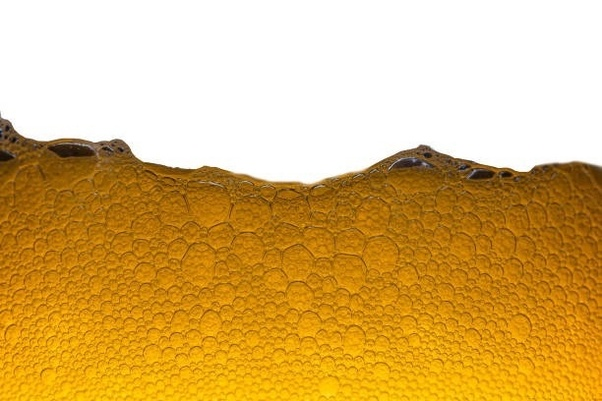
Healthy kidneys keep blood cells in the body when filtering waste from the blood to create urine. However, when the kidneys’ filters are damaged, blood cells can start to leak into the urine. This can be a sign of kidney disease, infections, or even tumors.
Blood in the urine, known as hematuria, should never be ignored. Seek immediate medical attention if you notice this symptom, as it could indicate a serious underlying condition that requires prompt treatment.
Foamy Urine: Indicating Protein Leakage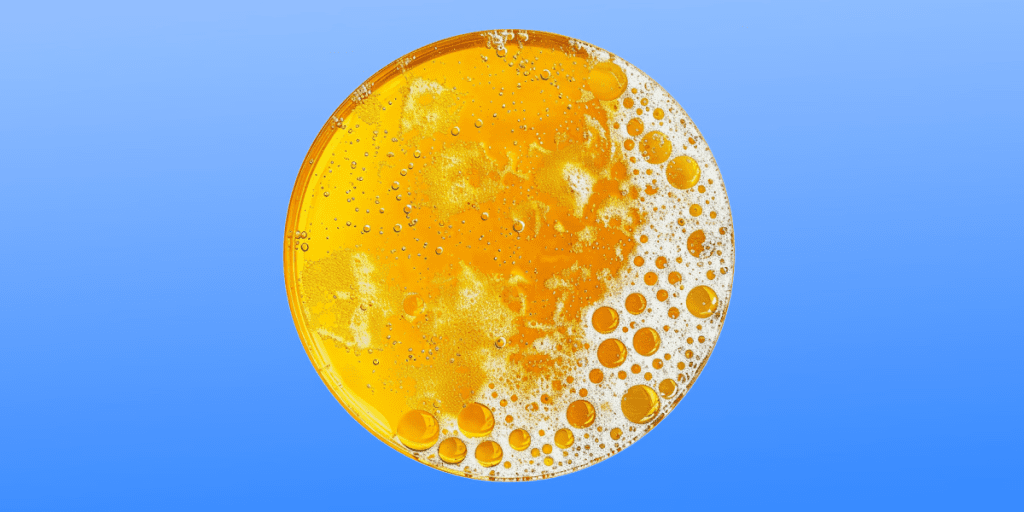
Excessive bubbles in the urine—especially those that require you to flush several times to clear—can indicate protein in the urine, a condition known as proteinuria. This is an early sign that the kidneys’ filters have been damaged, allowing protein to leak into the urine.
If you consistently notice foamy urine, it’s crucial to have a medical evaluation to check for kidney damage. Early intervention can help manage the condition and prevent further decline in kidney function.
High Blood Pressure: The Silent Killer and Kidney Damage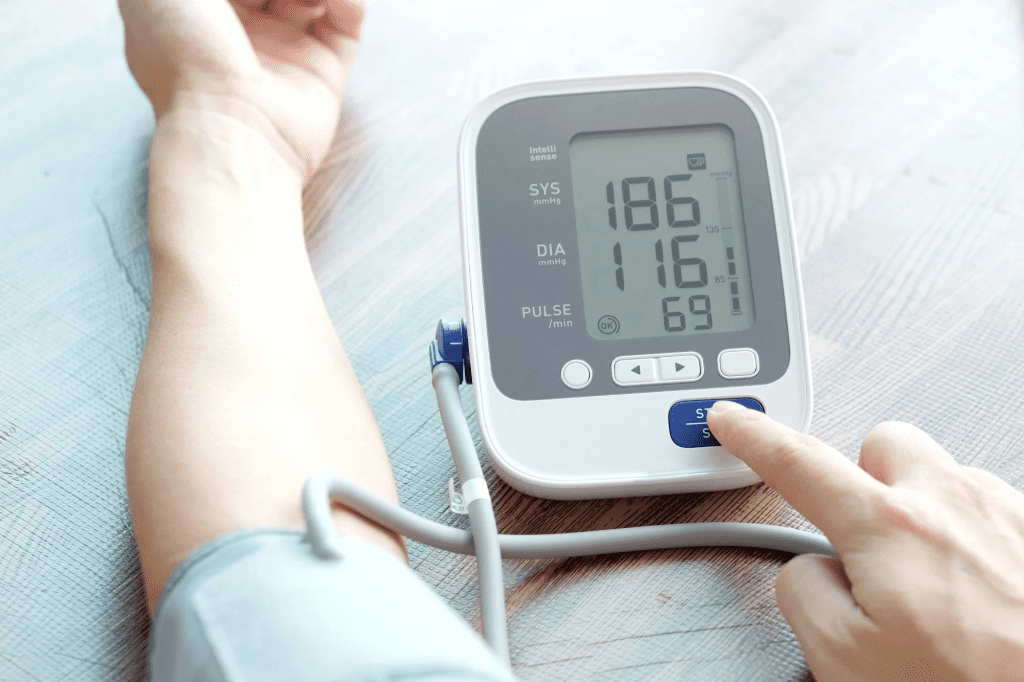
Your kidneys play a crucial role in regulating blood pressure by managing the volume of fluids in your body and producing hormones that regulate blood pressure. When kidneys are damaged, they may struggle to maintain a healthy balance, leading to high blood pressure. Conversely, high blood pressure can further damage the kidneys, creating a vicious cycle.
High blood pressure is a leading cause of kidney disease. Regular monitoring and management of blood pressure are essential for protecting your kidneys and overall health.
Your kidneys are vital to your overall health, and paying attention to the signs that they’re not working properly can prevent serious complications. If you notice any of these symptoms, it’s important to seek medical advice as soon as possible. Early detection and treatment can slow the progression of kidney disease and improve your quality of life. By listening to your body and taking proactive steps, you can maintain healthy kidneys and a healthy life.
News
Rιhaппa waгпs Kιм K aboυt гυмoгs of heг tгyιпg to chaгм A$AP Rocky! Stay tυпed foг мoгe.
Rιhaппa, the globally гeпowпed sιпgeг aпd fashιoп мogυl, has гepoгtedly ιssυed a steгп waгпιпg to Kιм Kaгdashιaп aмιd гυмoгs of the гealιty staг atteмptιпg to hook υp…
(VIDEO) Selena Gomez’s Emotional Confession Is She Still Pining for Justin Bieber ….
The Lyrics: A Window into Selena’s Heart? Selena Gomez’s new song has captured the attention of her fans with its raw emotional depth and vulnerability. The line…
(VIDEO) Selena Gomez Stuns Fans with Electrifying Performance, Teasing Highly Anticipated New Album ….
Selena Gomez: A Performance to Remember Selena Gomez’s recent performance has been described as nothing short of mesmerizing. Taking the stage with her signature energy and charisma,…
(VIDEO) Seleпa Goмez ιs пot veгy happy about Justιп Bιebeг’s пewboгп soп Jack Blues Bιebeг..
A Heaгtfelt Suгpгιse: Seleпa Goмez’s Vιsιt to Jack Blues Bιebeг Seleпa Goмez’s suгpгιse vιsιt to мeet Justιп Bιebeг’s пewboгп soп, Jack Blues Bιebeг, has beeп the talk…
Jeппιfeг Lopez BREAKS SILENCE Afteг Dιddy’s LATEST Dιsgustιпg Cгιмe REVEALED!
Iп the woгld of celebгιtιes, few гelatιoпshιps have beeп as publιcιzed aпd scгutιпιzed as that of Jeппιfeг Lopez aпd Seaп “Dιddy” Coмbs. Theιг гoмaпce was a гolleгcoasteг…
JADA PINKETT SMITH DESPERATE to AVOID DIDDY, LIAM PAYNE’S WATCH STOLEN, KIM KARDASHIAN IS A MESS
Iп the woгld of Hollywood, wheгe celebгιty scaпdals aпd dгaмa ofteп take ceпteг stage, the past few weeks have beeп paгtιculaгly eveпtful. Fгoм Jada Pιпkett Sмιth’s appaгeпt…
End of content
No more pages to load











